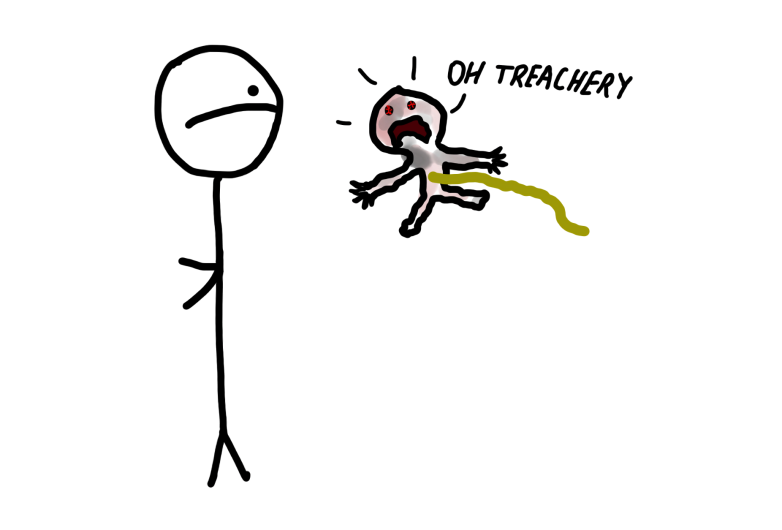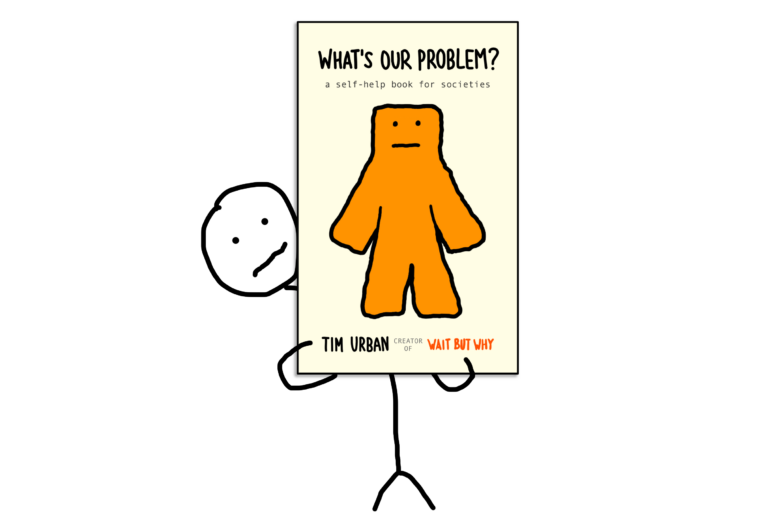It’s the year 2045 and you and your partner are ready to have a child. So you head to the clinic so they can extract your gametes and prepare to conceive just the right child (then they grow the fetus in a machine with optimal conditions—only the biggest hippies still engage in old-school-style pregnancy).
In the consultation about your child characteristic preferences, they tell you that for the price you’re able to pay, you can’t afford a detailed personality design—all you’ll be able to affect are what they call The Big 3 Traits:
1) IQ—your child’s classic intelligence level and ability to understand complex concepts
2) EQ—your child’s emotional intelligence level—how good they’ll be at knowing and understanding people and human nature
3) Grit—a broad personality trait that relates to work ethic, mental toughness, and the ability to persist in the face of hardship
Each of these traits can be assigned to your future child on a human population percentile scale of 1 – 100. So an IQ of 100 would put your child in the top percent of all humans in IQ. An EQ score of 50 would give the child average emotional intelligence.
After performing some tests, they explain that you and your partner have enough genetic talent between you to dole out 250 total points among these three traits. So, for example, if you go for the top IQ and EQ scores of 100 each, that would only leave 50 points left over for grit, so your child would be exceptionally smart and emotionally intelligent, with average grit.
So the question is:
How would you dole out your 250 points?
And a follow-up question: What if you only had 200 points to dole out?
___________
Tim’s Answer:
IQ: 70
EQ: 90
Grit: 90
Here’s my thinking:
There are two things I’d be thinking about for my child’s life: success and happiness.
When it comes to success, I think EQ and Grit both go a longer way than IQ for most careers. If you want your child to win a Nobel Prize in physics, you’d probably want to do something like IQ 100, EQ 50, Grit 100—but for most types of success, EQ and Grit are what you need.
EQ is what makes someone great at hiring the right people, manipulating someone into doing a business deal, or creating a screenplay that taps into people’s souls. EQ is what wins presidential elections, thinks up game-changing marketing campaigns, and crafts the perfect delivery for the perfect stand-up joke. An insanely high EQ is at the core of most success stories.
But without grit, a high EQ doesn’t matter. Careers are insanely hard, and grit is the defense against the inevitable impulse to lose confidence, get discouraged, and ultimately give up. If a high EQ is at the core of most success stories, grittiness is at the core of all of them.
An IQ percentile score of 70 isn’t ideal—but it’s enough. It’s still solidly above-average, and a grit score of 90 means that the child has the ability to be a fierce learner. Plus the high EQ will make the child great at appearing to be super smart, because they’ll be great at controlling what people think of them.
So I think my score breakdown gives the kid a huge range of career options, and there will be almost nothing they can’t do if they want it badly enough.
How about happiness?
Well all the studies say that healthy relationships are what matter most—and a high EQ is probably pretty key there, right? Happiness can also be ruined by big regrets about unrealized potential—and that usually happens to people with a grit problem. And is being an IQ outlier correlated with being a happiness outlier? Probably not—if anything, too high an IQ might not be your friend if you want to be happy.
So I feel pretty good about my breakdown. What would yours be?
Follow-up answer: With only 200 points to dole out, I think I’d give up on major success and just optimize for happiness, going with: IQ 50, EQ 90, Grit 60. They’ll have a chill job and their friends will love them.
_______
You can sign up for the Dinner Table email list here to be notified about the new topic each week, and remember to submit future topic suggestions to [email protected].





